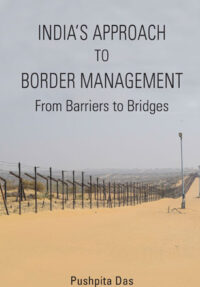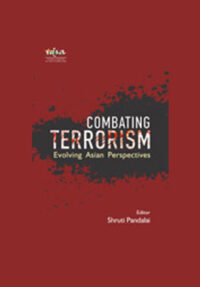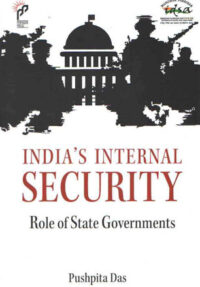Identity and Conflict: Perspectives from the Kashmir Valley
Based on interviews with a cross-section of people from the Kashmir Valley including aspirants of self-determination, academics, media persons, members of the civil society, and security forces this article argues that perceptions about identity are central to the conflict in Kashmir Valley. Having successfully stemmed the tide of armed conflict militarily, it is now crucial for the government to take cognizance of and address these issues in an appropriate manner as management of these perceptions will be critical to bringing enduring peace to the Kashmir Valley.
- Arpita Anant
- September 2009









